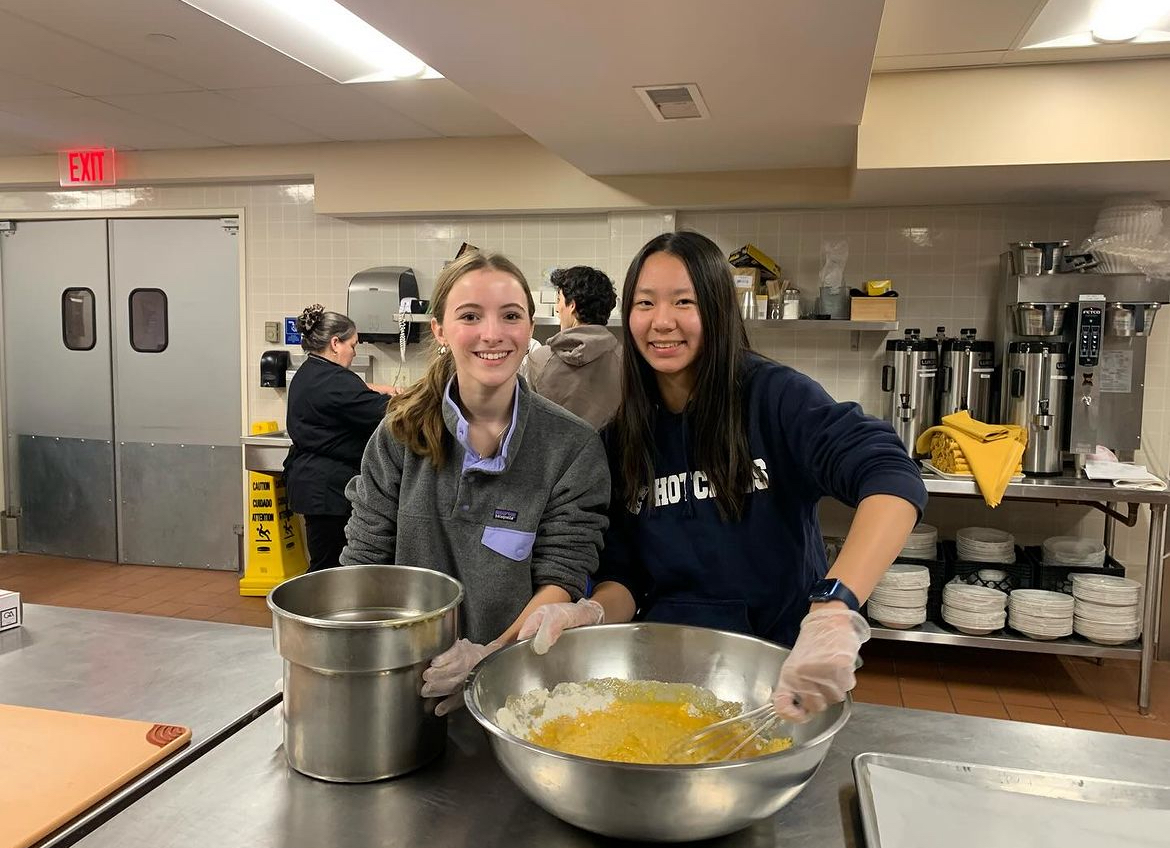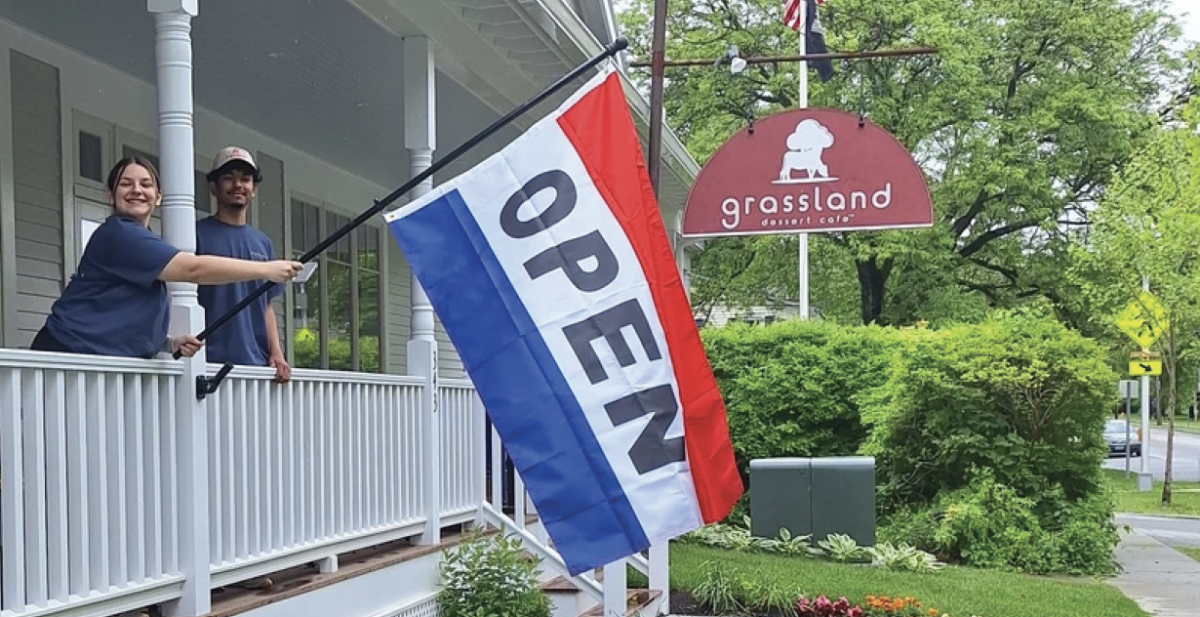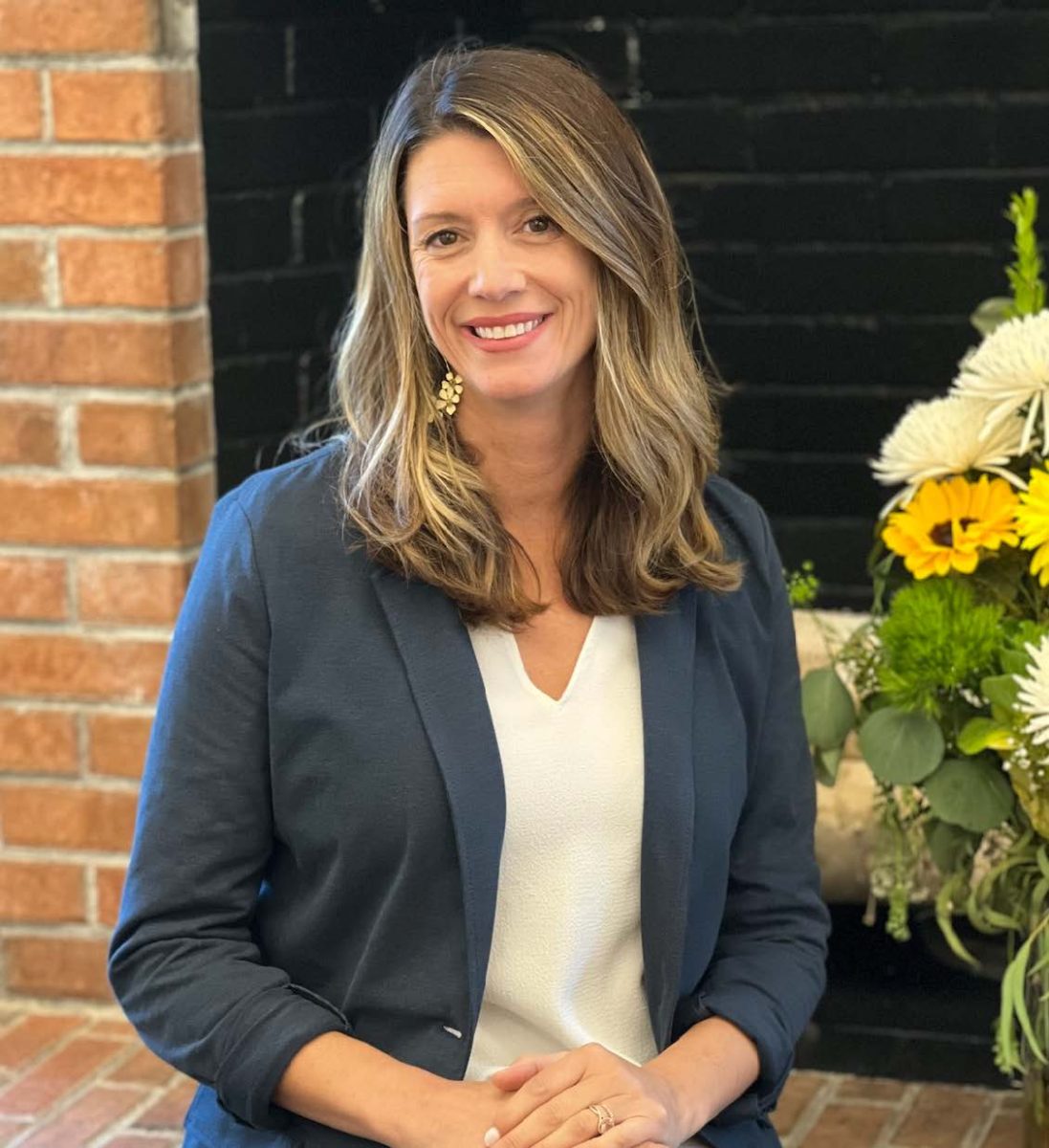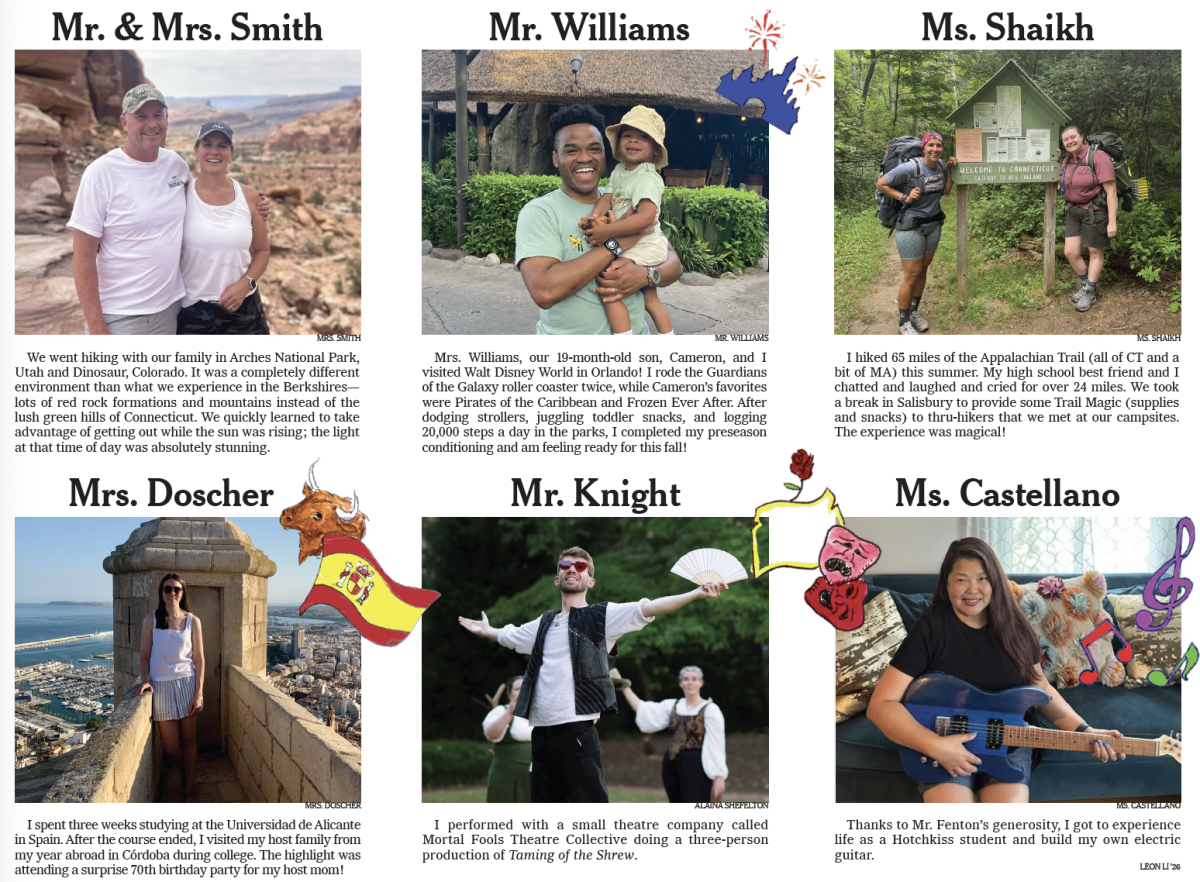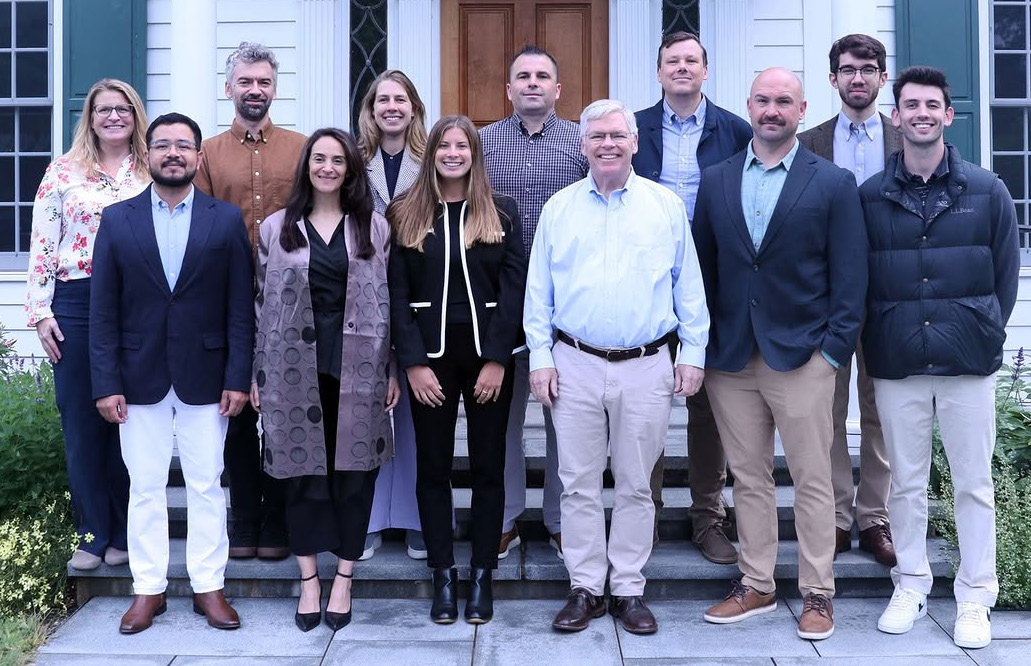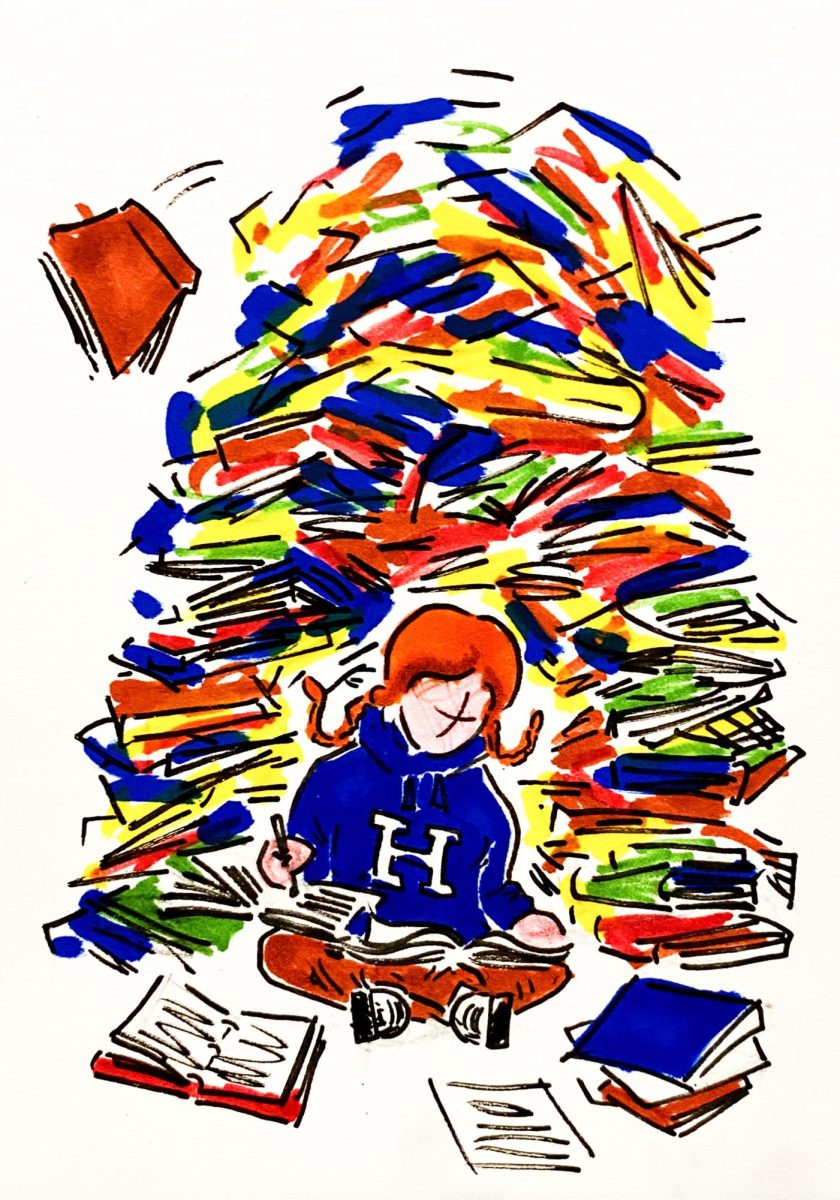Hanukkah is observed annually by Jewish people around the world through the course of eight nights from the 25 Kislev to 3 Tevet on the Jewish calendar — late November or December in the Gregorian calendar. The holiday is marked by the nightly lighting of the menorah that commemorates the successful revolt of the Maccabees against their Greek oppressors in the second century BCE. The rebels captured the Second Temple in Jerusalem, where a day’s supply of oil miraculously burned for eight days and thus the eight days of Hanukkah. A minor holiday on the Jewish religious calendar, Hanukkah has obtained much more cultural significance among American Jews due to its proximity to Christmas, since spreading to a wider level among Reform and less-observant Jews worldwide. The modern celebrationof Hanukkah involves the giving of gifts, traditional foods like latkes, and playing dreidel.
Hillel, the school’s Jewish group, works to bring Hanukkah to the school every year, hosting menorah lightings, latke making workshops, dreidel competitions, and the “Mysterious Moses” gift exchange. Natalie Bushell ’24, co-head of Hillel, said, “It is challenging to be away from home at Hanukkah, a festival about togetherness. Creating a new community for Jewish students to celebrate with is what we try to establish.”
Every year, the Dining Hall also hosts a Hanukkah dinner with latkes, smoked brisket, kugel, doughnuts, and gelt. Ms. Carita Gardiner, a faculty adviser of Hillel, said, “The core message of Hanukkah surrounds hope. There is hope everywhere, even in the places that appear hopeless in our current world. This is something everyone can learn from.”

